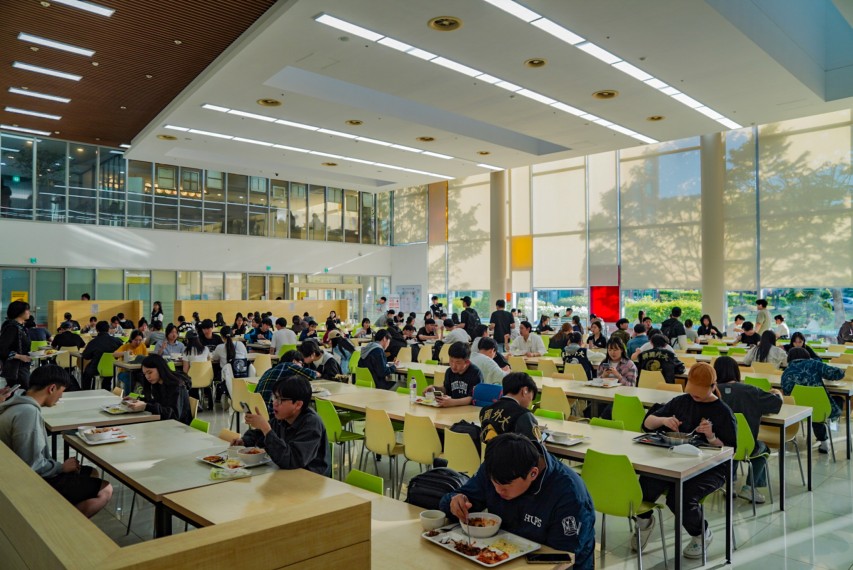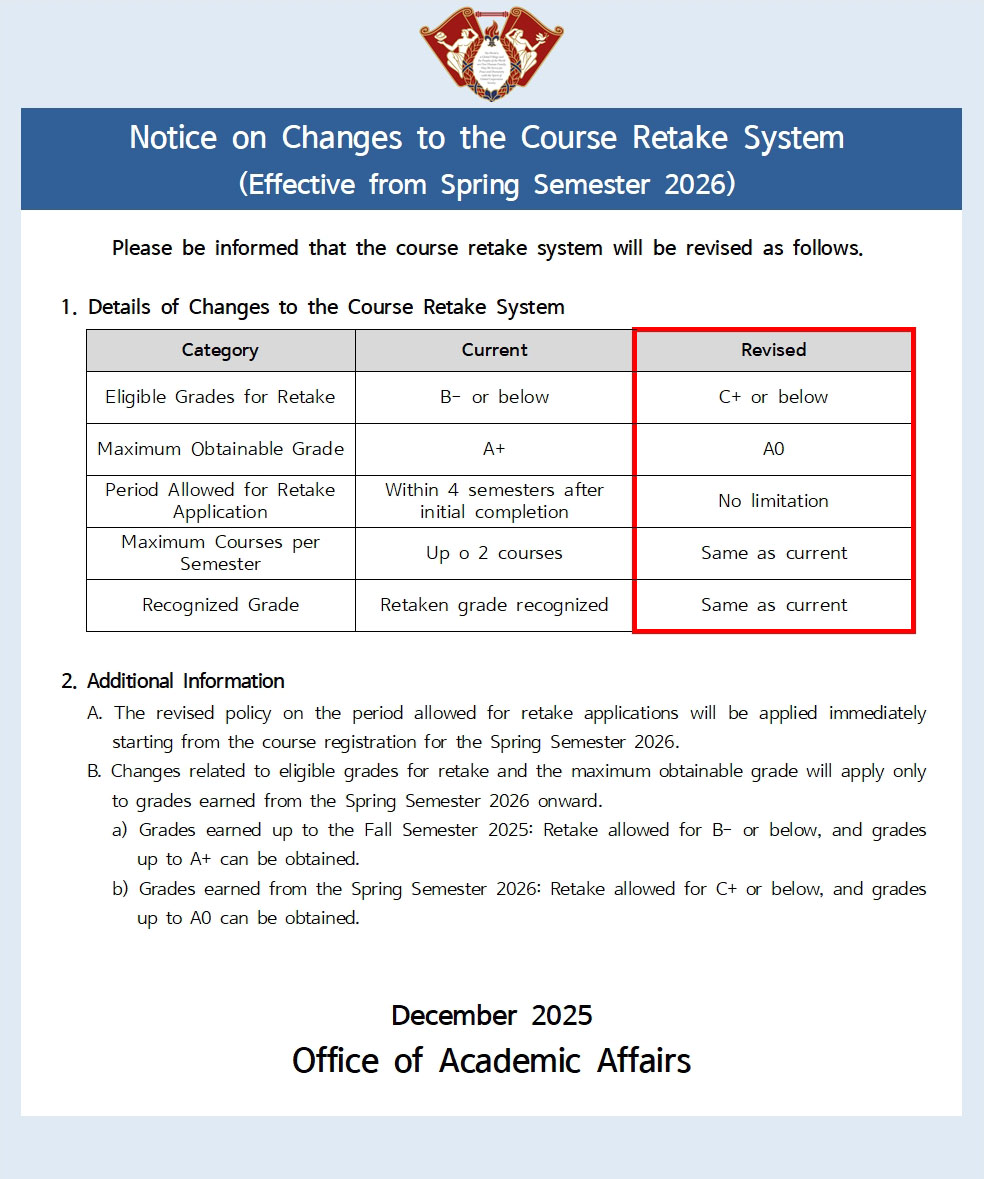[Opinion] Unlocking the Potential of KHU Cooperatives
[Related articles]A cooperative is a nonprofit organization that aims to enhance community welfare. Most of its surplus goes back into facility operations and improvements, enabling students to enjoy better services at lower prices. While Kyung Hee University (KHU) Cooperatives began operating on the Global Campus in March this year, their scope of facility operation is still limited, which is obscuring the potential benefits that KHU Cooperatives could offer to KHU Global Campus stakeholders.
Currently, the KHU Cooperatives at Global Campus is only in charge of one facility, the Student Center cafeteria. Then their operational committee could merely deal with cafeteria matters, confined to meal quality and hygiene. This contrasts sharply with Seoul Campus, where KHU Cooperatives manages 15 convenience stores,three cafés, two cafeterias, and other facilities like the bookstore and stationary store. A similar model exists at the Hankuk University of Foreign Studies (HUFS), where the Cooperatives operates cafeterias, cafés, and convenience stores. This broader oversight enables both Seoul Campus and HUFS to discuss diverse initiatives, from facility-specific events to strategic profit reinvestment.
The limited operations could affect the ability to generate profit. The KHU Cooperatives initially faced an 80 million won deficit at Global Campus and now must rely solely on the Student Center cafeteria to recover these losses. Although they achieved a 12 million won profit in March, the limited scope of operations and current surplus pace suggest this year’s earnings will merely cover the deficit.
In contrast, operating multiple facilities has an advantage in budget management. For example, Seoul Campus Cooperatives uses surpluses from profitable facilities to offset deficits in unprofitable ones, maintaining stable profits. Beyond stabilizing the budget, the HUFS Cooperatives generated additional financial value by returning 160 million won to the university through annual donations. This
demonstrates how a broader range of operations can create greater financial stability, ultimately enabling stakeholder returns.
If the KHU Cooperatives expands its scope of operations and financial capacity at Global Campus, students will benefit significantly. Recently, the HUFS Cooperatives has been providing snacks when the cafeteria is closed. Through a partnership with Mom’s Touch, they also offered chicken meals for under 10,000 won. Similarly, the KHU Cooperatives at Seoul Campus offers to-go meals and snacks during cafeteria breaks, along with more meal options than Global Campus. Since these services require additional budgets for staffing and resources, the broader revenue generated from operating multiple facilities sets the service of Global Campus apart from those at the
Seoul Campus and HUFS.
The KHU Cooperatives has secured a five-year contract to operate the Global Campus Student Center cafeteria. To reach its maximum potential during this significant period, the Cooperatives must expand its role in campus welfare facilities. Otherwise, the Global Campus community will receive only normal service—not special treatment—similar to that of other university-operated companies.
To maximize impact of the Cooperatives, support from the Global Campus community—including students, faculty, and administrators—is vital. Their engagement will shape campus welfare in one of two ways: either empowering the KHU Cooperatives to improve welfare services, or relegating them to just another campus organization.
There are no registered comments.
I agree to the collection of personal information. [view]



